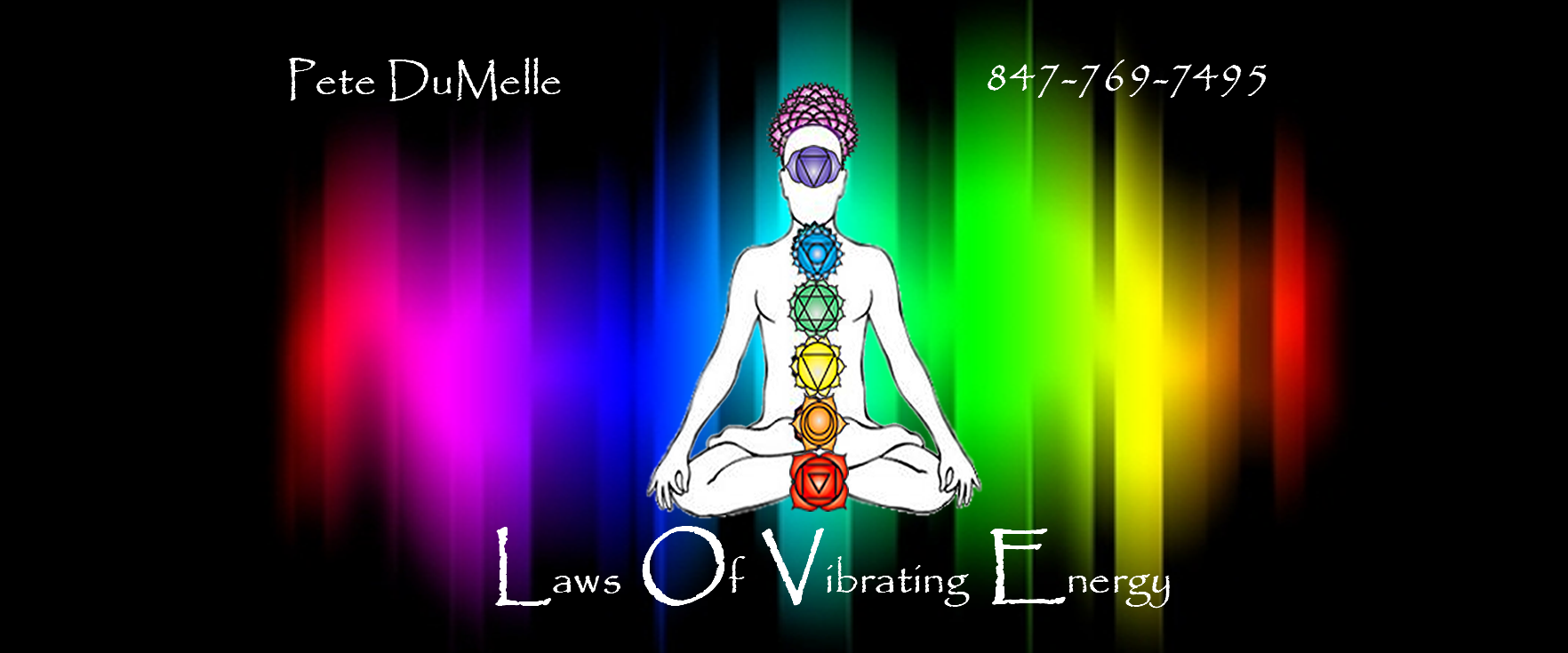Reiki
Reiki |
|
 |
The History of ReikiReiki, pronounced "ray-key" is a Japanese word meaning "Universal Life Energy". It was rediscovered by theologist Dr Mikao Usui during the 1800s. He made it his personal quest to discover the truth behind this natural phenomenon and his search led him to the Tibetan Lamas. There he received the sacred initiation into the art and science of self improvement. Usui passed on his knowledge to the Grand Masters in direct spiritual succession to him and they then introduced the Usui system to the western world. Reiki is non-religious and holds no creed or dogma. The "Universal Life Energy" flows through each one of us. To strength the energy flow a process of an attunemnet must be done. Attunemnet are done by a Reiki Master / Teacher to each person to open the energy flow. The Reiki practitioner do not do the energy healing they are only the conduit or channel for the energy to flow. |
What does the treatment involve?The patient remains fully clothed as the Reiki healer, using various hand positions, focuses on the main energy points of the body. These areas are known as the major Chakras and there are seven which run down the centre of the body. Minor Chakras can be found on the soles of the feet and the palms of the hands. All areas correspond to the nerve centres affecting the internal organs, the mind and the emotions. Each Chakra also covers each of the major organ that the healing energy flows.The healing experience is different for everyone. It is very common to feel hot or cold sensations in certain areas about the body or to see colours in the mind's eye. However, for others the healing process is less dramatic and simply induces deep relaxation, allowing the body to fully de-stress and heal itself. As with any complimentary treatment there are no claims to cure or diagnose a specific condition, Therefore always seek medical advice before commencing treatment. Reiki is not a cure all and should not be used as the only treatment. Reiki aides in the natural healing process.
National Center for Complementary and Alternative Medicine also support Reiki as an alternative medicen NCCAM-Funded ResearchSome recent NCCAM-supported studies have been investigating:
|
|
|
|
|
|
|
|
